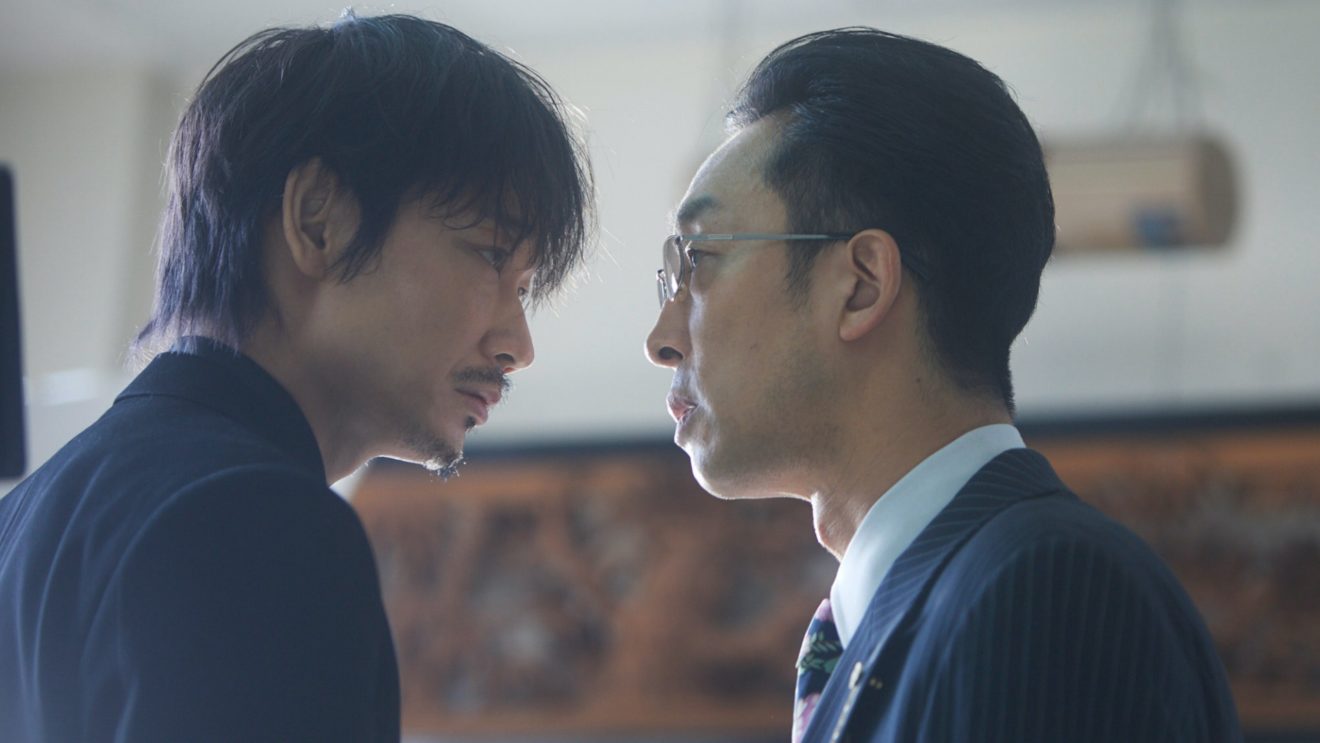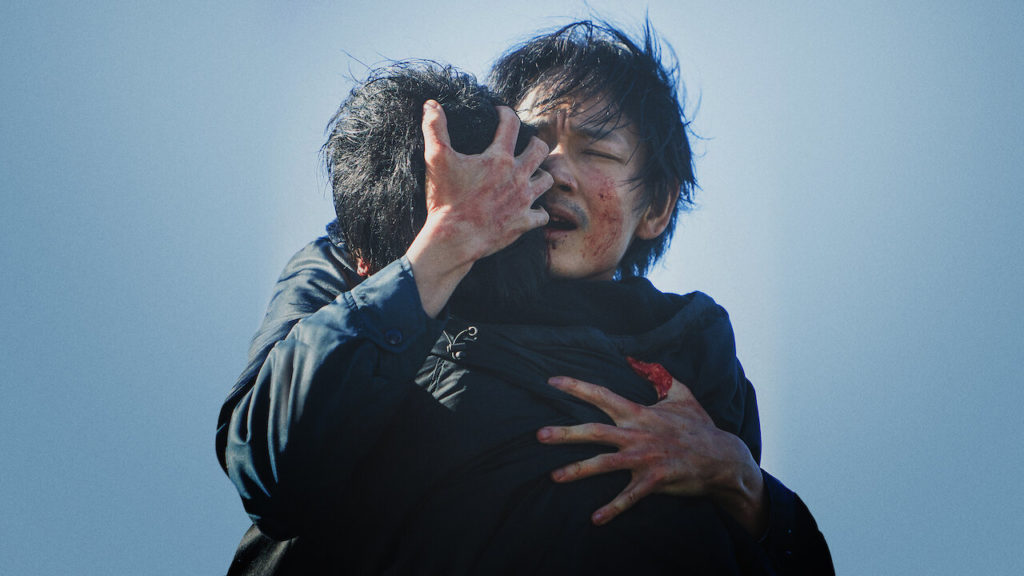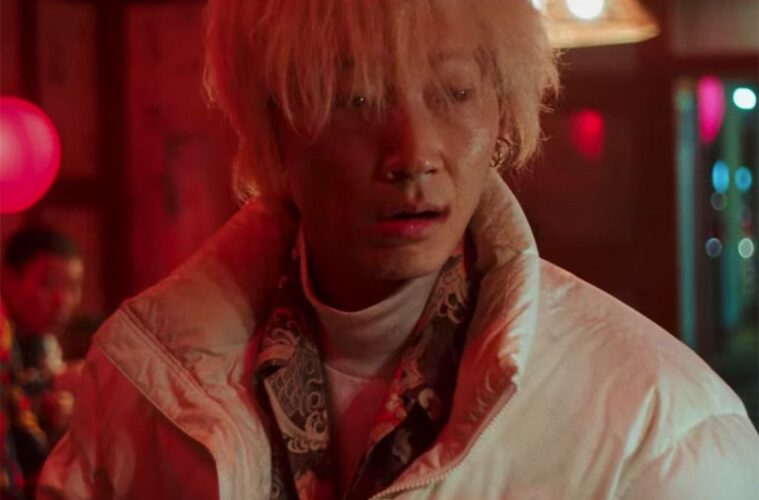A Family is a hard-hitting if familiar Yakuza flick. Director Michihito Fujii’s 2-hour gangster epic spans decades and shows the impacts of a life of crime in changing times, and the emotional toll the lifestyle takes. While the story might not break any entirely new ground, the emotional performances and exquisite cinematography make the piece a standout. A tense and dramatic take on the gangster genre, A Family explores the meaning of family in changing times.

Image courtesy of Netflix
Kenji Yamamoto, a delinquent teenager finds himself adrift after the death of his father. In a chance encounter, Kenji finds himself saving the life of a high-ranking Yakuza boss, Hiroshi Shibasaki, who offers Kenji a place in his crime syndicate the next morning. Immediately indignant to the offer, Kenji later finds his erratic actions have landed him in hot water with a rival gang. With nowhere left to turn, Kenji finds solace in the arms of Shibasaki’s crime syndicate.
6 years later, Kenji has established himself within the crime family and has developed a father-son relationship with the aging Shibasaki. Living the life of a powerful and esteemed Yakuza, Kenji’s ego has only grown stronger. Kenji instigates tensions with a rival syndicate, which continues to build until things turn violent and Kenji lands himself behind bars.
The film jumps forwards again by 14 years, to the day of Kenji’s release from prison. A lot has changed while he was inside: new laws strip organized crime syndicates of much of their power, with the Shibasaki family taking a particular hit, losing members, territory, and influence. Kenji emerges into this world, greeted by familiar faces that are aged and changed, a power structure altogether different than the one he’d known, and a community in shambles around him. As he slowly comes to terms with the fact that the era ended without him, he tries to reconnect with a woman he had come to love before his arrest, to find a new sense of family and belonging, but he soon finds he can’t escape his criminal ties.
While the premise isn’t anything new to the mafia movie genre, A Family remains a standout for it’s style. The performances from Go Ayano as Kenji and Hiroshi Tachi as Shibasaki, as well as the ensemble of Yakuza thugs, gangsters, friends and family are powerfully emotional and real. The aesthetics are exquisite, presenting a chilling and vivid snapshot of the stylishly ugly reality of Japanese organized crime. The characters fill the screen with colour against muted backdrops, but lose their vibrancy as the world of the Yakuza grows colder upon Kenji’s release. Handheld camera shots linger on tight close-ups giving a raw and intimate depiction of Kenji when he’s at his most unstable, while still shots show the stability and strength offered by Shibasaki’s organization and, later, the stillness of the world of crime in decline that Kenji returns to.

Image courtesy of Netflix
The romance subplot is easily the film’s weakest element, however. Kenji’s relationship with Yuka, the woman he met in his glory days, is a bit of a stretch. In his Arrogance Kenji seems disingenuous at best and borderline abusive at worst, yet Yuka eventually falls for him anyways. 14 years later when Kenji returns from prison, Yuka knows full well the new way of the world and the dangers Yakuza life can bring with it. She initially rebukes Kenji, but eventually lets him back into her life to rekindle their relationship.
While Kenji and Yuka’s relationship (and Yuka’s character, for that matter) are quite flat, it plays an important role in developing the theme of family and what that means to someone whose sense of connection has been robbed from them and challenged at every turn. Kenji’s desperate search for belonging leads to him making the choices that ultimately keep him from the connection he craves. Grim but moving, A Family paints a crushing picture of broken people, of love, loss, duty, honour, and of course, family found and made.


